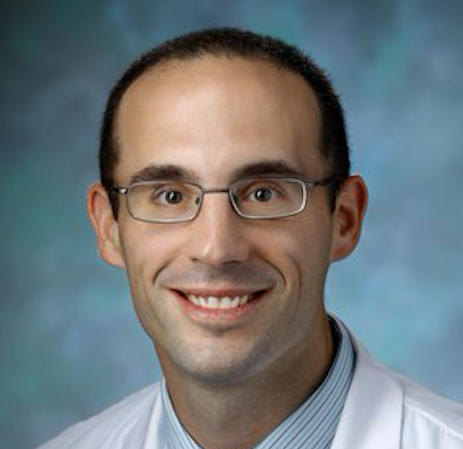Rapid changes in genomic technologies are contributing to the development of more effective, personalized approaches to prevention and treatment of infectious diseases.
Overview
Considerable attention needs to be paid to the ethical, legal, social implications (ELSI) for individuals, groups or the larger society of using genomic information in the management of infectious disease. BRIDGES (Bridging Infectious Disease, Genomics, and Society) is a Center for Excellence in ELSI Research (CEER) supported by the National Human Genome Research Institute (NHGRI) that was designed to examine the ethical, legal, social, historical and policy issues confronting the incorporation of genomics in the prevention, outbreak control, and treatment of a range of infectious diseases. Phase I of BRIDGES explored the ELSI issues that would arise in personalizing approaches to the prevention and treatment of selected infectious diseases using genomic information. Phase I took place prior to COVID.
Phase 2 of BRIDGES was inspired by our rapidly evolving understanding of disease causation. There are a growing number of examples of “genetic diseases” with an infectious component, and of “infectious diseases” with a genetic component. Our appreciation of how genomics shapes response to infectious disease exposure and how microbes/pathogens influence the phenotypic expression of genetic variation is changing. At the same time that our understanding of the science is evolving, advances in data sciences, molecular epidemiology and gene editing technologies, and more importantly their uses together, require a reassessment of categories of technologies and how the technologies are regulated and used. These shifting boundaries – between infectious disease and genetic disease, and between uses of emerging technologies – are creating an important and, as yet, understudied area of inquiry. The COVID pandemic has expanded the territory in which to explore these issues.
There are currently 3 active parts to the BRIDGES project:
- Deliberative – Identify and analyze issues and craft research agendas focused on the implications of fluid boundaries between areas of science in the development and application of emerging technologies
- Conceptual – Characterize the relationship and boundaries between infectious and genetic diseases, and the implications of the changing and overlapping nature of these boundaries for ELSI discourse, scholarship, and translation
- Empirical – Engage key stakeholders through surveys, interviews, and focus groups to understand their perspectives on the blurring boundary between infectious and genetic diseases
Research Team
Co-Principal Investigators



Co-Investigators










Consultant
internal advisors
Contact
For more information, contact Gail Geller.